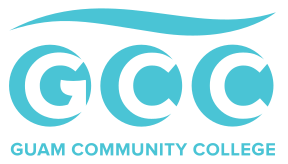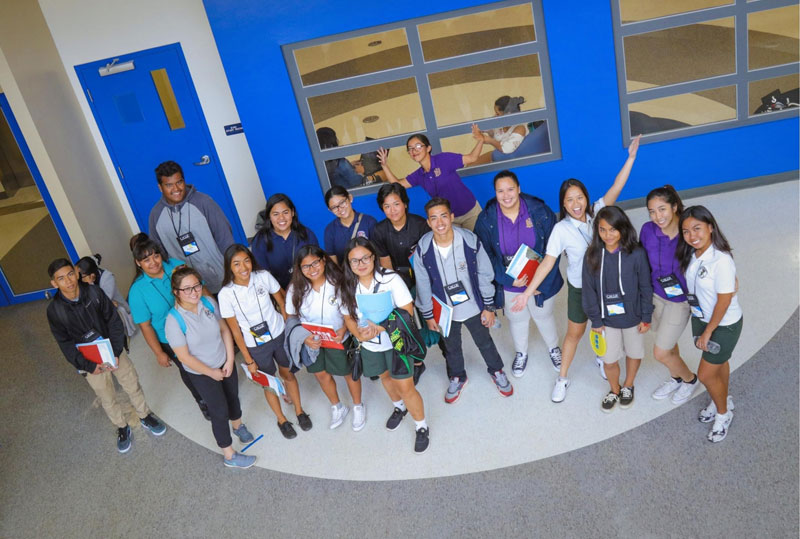Governance
Governance
Guam Community College has developed a participatory governance structure designed to ensure that all levels of decision-making are captured and provide the mechanism for which individuals can bring forward ideas for institutional improvement. The structure was established as a means for providing broad participation by faculty, staff, administrators, and students in the decision-making processes that support student learning, programs and services and improve institutional effectiveness, while acknowledging the designated responsibilities of the Board and the President.
The Council on Postsecondary Student Affairs (COPSA) is the recognized representative body for student governance for all officially registered Postsecondary and Adult High School students. Its purpose is to serve as a voice for which student issues, problems, and concerns are addressed among students and between students and the GCC administration; to collaborate in the formulation of policies and procedures for student activities and educational programs; and as related to the Student Code of Conduct in the GCC Student Handbook or the Student Organization Handbook, to ensure that all privileges, rights, welfare, safety and benefits are guaranteed to students.
The GCC Board-Faculty Union Agreement (2023-2029) establishes the role of faculty in institutional governance. The faculty‘s primary voice is through the Faculty Senate. The Faculty Senate provides regular and ongoing input in the areas of policies, budget, planning, curriculum, and other issues through the collegial consultation process, which includes representatives on campus committees and formal representation at Board of Trustees meetings. Additionally, the Faculty Senate provides representation in the Resource, Planning and Facilities (RPF) and the College Governing Council (CGC). Faculty are also given the opportunity to become involved in College committees such as the Standards, College Technology, Calendar, Learning Outcomes, Promotions, Professional Development Review and Committee on College Assessment.
The Resource, Planning and Facilities Committee reviews the Physical Master Plan and makes recommendations on prioritizing capital improvement projects, including projects that have great impact on student learning outcomes. The committee plays an important role in the College‘s financial planning and budget development process and serves as the forum for discussing needed resources and facility issues or concerns. The membership composition of the committee includes the current Faculty Senate President, Faculty Senate President-Elect, past Faculty Senate President, Faculty Union President, Vice President of Business and Finance, Facilities and Maintenance Coordinator, Dean of Trades and Professional Services, Dean of Technology and Student Services, two staff union representatives and a student representative.
The College Governing Council (CGC) plays an important role in the development of institutional plans and budgets. The Council serves to provide broad participation of faculty, staff, administrators, and students in the decision-making processes regarding institutional issues. The Council, with input from its respective constituencies, makes and/or forwards recommendations to the President for action.
The Staff Senate serves as the official representative body of the staff of the Guam Community College supporting the college’s mission and goals. The Senate fosters the spirit of unity among employees and serves as a hub for referring concerns, participates in college-wide committees, and identifies professional or recreational opportunities for its employees.



